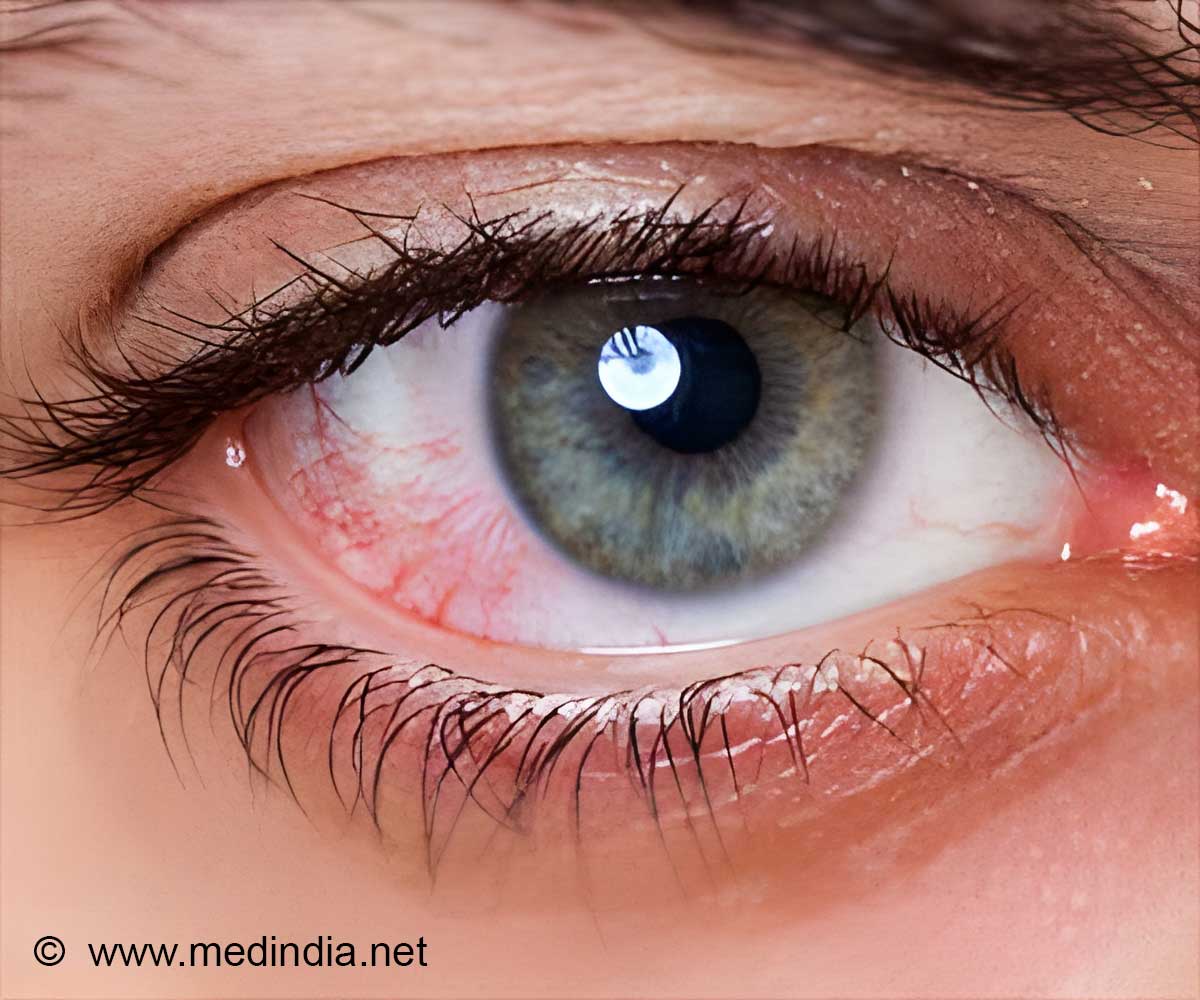Braille is the primary source of reading for such people. But converting text into Braille is time consuming, and thus limits their access.

‘India has a population of 15 million visually challenged, of the 39 million across the world, who have long been unable to access printed documents like books, newspaper, magazines, etc.’





The portable device is based on the principle of contact scanning of a printed document and converting it into speech. "The device is standalone, portable, completely wireless and uses open source hardware and software. The device can analyse a multicolumn document and provide seamless reading," Principal Scientist at CSIO Dr. Ashish Gaurav was quoted by the Indian Science Journal. "It is capable of page, text and word level navigation while reading," he added. Currently it supports Hindi and English languages. Progressively it will be programmed for other Indian and foreign languages. "It is one of the fast track projects to be translated into a product. We could achieve this within a year. The device has been enabled for other vernacular languages besides Hindi. We can also program the speed of reading the text as desired by the readers," said Dr RK Sinha, Director of CSIO.
'Divya Nayan' has an internal storage of 32 GB with run time of upto 3 hours and weighs 410 grams. The device is equipped with WiFi and Bluetooth interface that helps to connect with Internet. It also can be connected to a monitor and use as a mini computer with screen reader utility. The device's trial was run at the Institute for the Blind, a voluntary body in Chandigarh. "We have taken the feedback from the visually challenged and factored it according to their needs," said Dr. Ashish Gaurav.
Dr. Gaurav said, once commercially manufactured, the reader would be affordable to every common visually challenged person. India has a population of 15 million visually challenged, of the 39 million across the world, who have long been unable to access printed documents like books, newspaper, magazines, etc. Braille is the primary source of reading for such people. But converting text into Braille is time consuming, and thus limits their access. Divya Nayan would bridge the gap of available technology for visually challenged.
Source-ANI






